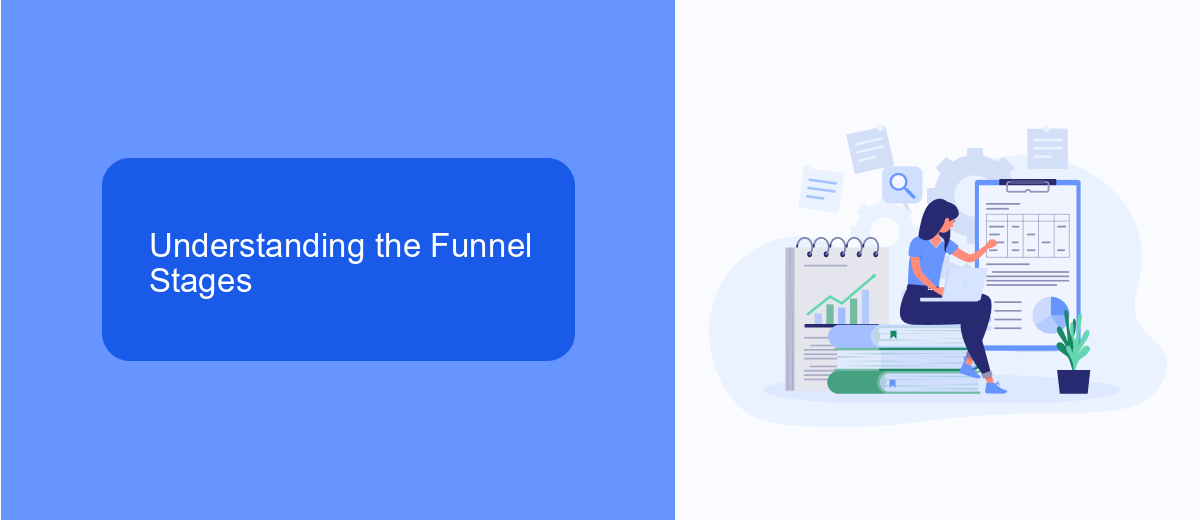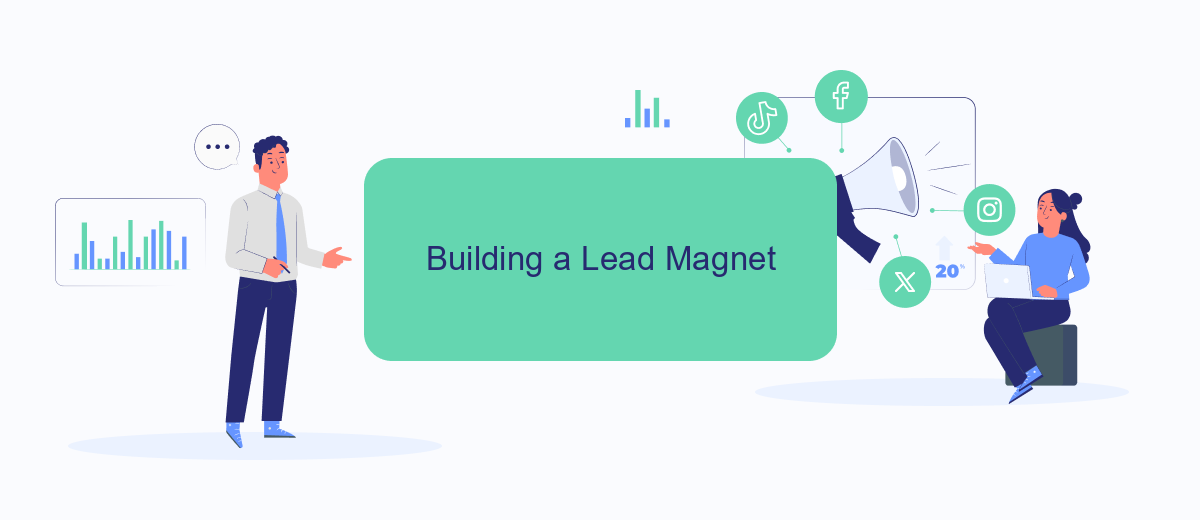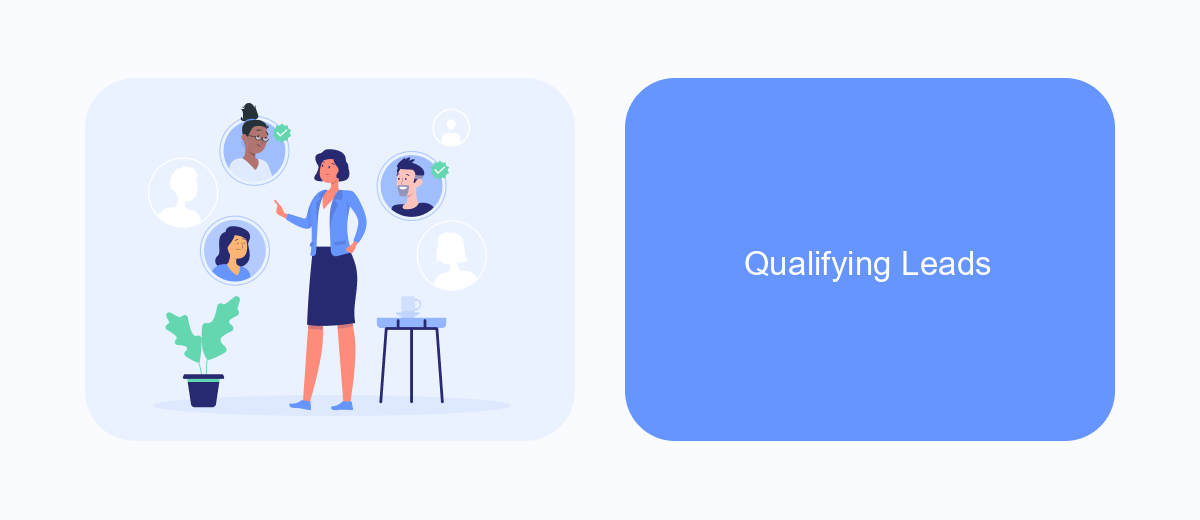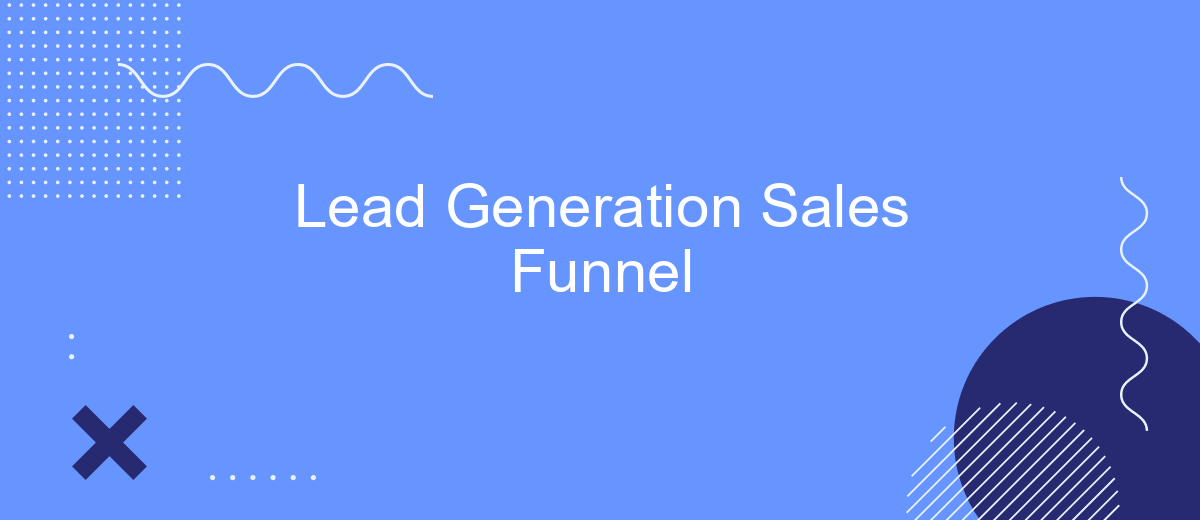In today's competitive business landscape, mastering the art of lead generation is crucial for sustained growth. A well-structured sales funnel can streamline this process, guiding potential customers from initial awareness to final purchase. This article explores the essential components of an effective lead generation sales funnel, offering actionable insights to help your business attract, nurture, and convert high-quality leads.
Lead Generation Sales Funnel
Lead generation sales funnel is a structured process designed to capture and convert potential customers into leads and, ultimately, paying clients. It involves several stages, each tailored to engage and nurture prospects effectively. Understanding and optimizing each stage of the funnel is crucial for maximizing conversion rates and achieving sales goals.
- Awareness: Attracting potential customers through various marketing channels like social media, SEO, and content marketing.
- Interest: Engaging prospects with valuable content, webinars, and email campaigns to spark their interest.
- Consideration: Providing detailed information, case studies, and testimonials to help prospects evaluate your offerings.
- Intent: Offering free trials, demos, or consultations to demonstrate the value of your product or service.
- Purchase: Simplifying the buying process and offering incentives to encourage conversion.
- Loyalty: Building long-term relationships through excellent customer service and ongoing engagement.
Integrating automation tools like SaveMyLeads can streamline your lead generation process by automating data transfer between your marketing platforms and CRM systems. This ensures that no lead is lost and allows your sales team to focus on closing deals rather than manual data entry. By leveraging such integrations, you can enhance efficiency and improve your overall lead management strategy.
Understanding the Funnel Stages

Understanding the stages of the lead generation sales funnel is crucial for optimizing your marketing and sales strategies. The funnel typically consists of several key stages: awareness, interest, consideration, intent, evaluation, and purchase. At the awareness stage, potential customers first learn about your brand or product. This is followed by the interest stage, where they begin to seek more information. During the consideration stage, prospects evaluate different options and compare them. The intent stage signifies a stronger inclination towards a particular solution, and the evaluation stage involves final checks before making a purchase decision. Finally, the purchase stage is where the transaction occurs.
Each stage requires tailored strategies to move prospects further down the funnel. For instance, during the awareness stage, content marketing and social media campaigns can be highly effective. As prospects move to the interest and consideration stages, email marketing and retargeting ads can help maintain engagement. Integrating services like SaveMyLeads can streamline the lead management process by automating data transfer between different platforms, ensuring that no lead is lost and all information is up-to-date. This allows your sales team to focus on nurturing leads and closing deals, rather than manually handling data.
Building a Lead Magnet

Creating an effective lead magnet is essential for capturing potential customers' interest and converting them into leads. A lead magnet is a valuable piece of content or an offer that you provide to your audience in exchange for their contact information. It should be relevant, valuable, and solve a specific problem for your target audience.
- Identify your audience's pain points: Understand the challenges your target audience faces and create a lead magnet that addresses these issues.
- Choose the right format: Depending on your audience's preferences, select a format such as an eBook, checklist, webinar, or free trial.
- Create compelling content: Ensure that your lead magnet provides actionable insights or solutions that your audience can implement immediately.
- Design an attractive landing page: Your landing page should clearly explain the benefits of your lead magnet and include a simple form for users to submit their contact information.
- Set up automation and integration: Use tools like SaveMyLeads to automate the process of capturing leads and integrating them into your CRM or email marketing platform.
By following these steps, you can create a lead magnet that effectively attracts and converts your target audience. Remember to continuously test and optimize your lead magnet to ensure it remains relevant and valuable to your prospects.
Qualifying Leads

Qualifying leads is a critical step in the lead generation sales funnel, ensuring that your sales team focuses on prospects who are most likely to convert. This process involves evaluating potential customers based on specific criteria to determine their readiness to purchase. By doing so, businesses can allocate resources more effectively and increase their chances of closing deals.
The first step in qualifying leads is to gather relevant information about each prospect. This can include demographic data, company size, industry, and purchasing behavior. Tools like SaveMyLeads can automate this process by integrating various data sources and providing a comprehensive view of each lead. This helps in making informed decisions about which leads to pursue further.
- Identify key characteristics of your ideal customer.
- Use lead scoring to rank prospects based on their potential value.
- Leverage automation tools to streamline the qualification process.
- Continuously refine your criteria based on feedback and results.
By effectively qualifying leads, you can ensure that your sales team spends their time on high-quality prospects, ultimately improving conversion rates and driving revenue growth. Utilizing tools like SaveMyLeads can enhance this process by providing accurate and timely data, making your lead qualification efforts more efficient and effective.
Nurturing Leads with Automation
Automating lead nurturing processes can significantly enhance your sales funnel efficiency. By leveraging marketing automation tools, you can send personalized and timely content to your leads, guiding them through the buyer's journey. Automation allows for consistent follow-ups and engagement, ensuring that no lead is forgotten. This approach not only saves time but also increases the chances of converting leads into customers by providing them with relevant information at each stage of their decision-making process.
Integrating automation tools with your CRM and other marketing platforms can streamline your lead nurturing efforts. Services like SaveMyLeads enable seamless integration, allowing you to connect various applications and automate workflows effortlessly. With SaveMyLeads, you can set up triggers for specific actions, such as sending a welcome email when a new lead is captured or following up with leads who have shown interest in your products. This ensures a smooth and efficient lead nurturing process, ultimately driving higher conversion rates and boosting your sales funnel performance.
FAQ
What is a Lead Generation Sales Funnel?
How can I attract leads into my sales funnel?
What are some effective ways to nurture leads?
How can I automate my lead generation process?
How do I measure the success of my lead generation sales funnel?
Don't waste another minute manually transferring leads from Facebook to other systems. SaveMyLeads is a simple and effective tool that will allow you to automate this process so that you don't have to spend time on the routine. Try SaveMyLeads features, make sure that this tool will relieve your employees and after 5 minutes of settings your business will start working faster.
